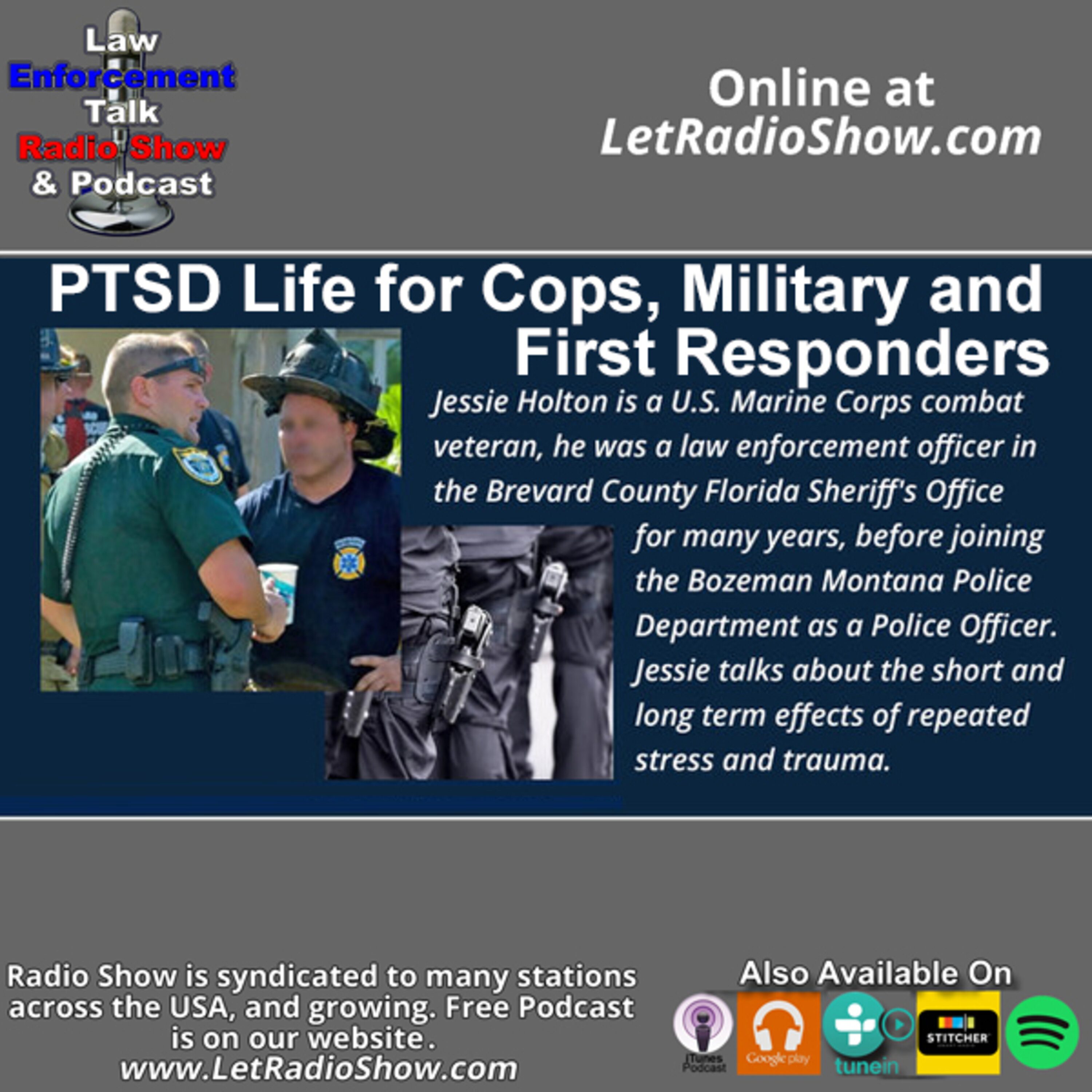PTSD Life for Cops, Military and First Responders


PTSD Life for Cops, Military and First Responders
PTSD Life for Cops, Military and First Responders. Post-Traumatic Stress Disorder (PTSD) is a debilitating mental health condition that affects individuals who have been exposed to or witnessed traumatic events. It transcends boundaries and can affect anyone, but it disproportionately affects certain professions where individuals are regularly confronted with traumatic situations. PTSD Life for Cops, police officers, military personnel, and first responders, including firefighters, paramedics, and emergency medical personnel, are among those at higher risk of developing PTSD due to the nature of their work.
Police Officers
PTSD Life for Cops. Trauma Exposure: Police officers confront traumatic situations on a daily basis. These encounters often involve violent crimes, accidents, domestic disputes, and other high-stress incidents. Over time, cumulative exposure to such events can significantly contribute to the development of PTSD Life for Cops.
Symptoms: Common symptoms of PTSD in police officers encompass a range of psychological and emotional distress. These may include intrusive flashbacks to traumatic incidents, distressing nightmares, chronic anxiety, persistent depression, heightened anger, and increased vigilance, which can lead to hypervigilance in their daily lives. PTSD Life for Cops.
Military Personnel
Combat Exposure: For military service members, particularly those deployed in combat zones, exposure to traumatic events is extreme and prolonged. Combat-related PTSD is a prevalent consequence of these experiences. The harrowing nature of warfare often leads to the development of PTSD, making it a significant concern within the military community.
Symptoms: Symptoms of military-related PTSD often parallel those experienced by civilians. However, military personnel may also grapple with unique challenges, including difficulties transitioning to civilian life, maintaining relationships, and integrating back into society after deployment.
First Responders
Constant Exposure: First responders, including firefighters, paramedics, and emergency medical personnel, are exposed to a continuous stream of traumatic incidents. Their work often involves witnessing accidents, natural disasters, medical emergencies, and other high-stress scenarios, resulting in cumulative stress and trauma.
Symptoms: PTSD symptoms among first responders are marked by the hallmark features of the condition. These can include distressing nightmares, intrusive and recurrent thoughts of traumatic events, emotional numbing, and hypervigilance, which can manifest in their personal and professional lives. PTSD Life for Cops.
Jessie Holton discusses PTSD Life for Cops and the Importance of Seeking Help. Jessie Holton our guest is a combat veteran of the U.S. Marine Corps, dedicated numerous years to serving as a law enforcement officer within the Brevard County Florida Sheriff's Office. He then made the transition to the Bozeman Montana Police Department, where he now serves as a Police Officer. Jessie's experience has uniquely positioned him to shed light on PTSD Life for Cops and the enduring impact of recurrent stress and exposure to violent trauma. Moreover, it has fueled his passion for assisting others who face similar challenges.
Background song Hurricane is used with permission from the band Dark Horse Flyer.
Be sure to check out our website.
If you enjoy the show, please tell a friend or two, or three about it. If you are able to leave an honest rating and, or, review it would be appreciated.
Interested in being a guest, sponsorship or advertising opportunities send an email to the host and producer of the show jay@letradio.com.
Follow us on MeWe, Twitter, Instagram, Facebook.
Never miss out on an episode of the Law Enforcement Talk Podcast subscribe to our free email newsletter, never more than 2 issues a week sent out. Click here and scroll down about halfway.
PTSD Life for Cops.
See omnystudio.com/listener for privacy information.

John J Wiley
Retired Police Sergeant, Music Radio Personality, Talk Radio Show Host, Podcaster and Producer
John J. Wiley is a retired Police Sergeant turned radio personality. He has been a full time FM Music Radio DJ since 2005. In 2017 he founded the Law Enforcement Today Podcast, in a partnership with Robert Greenberg of Law Enforcement Today. The show is now named the Law Enforcement Talk Radio Show and Podcast.
Within a couple months a radio station heard an episode of the podcast and asked him to create a radio version, which he did. It has been syndicated since the Spring of 2017 and has numerous affiliate radio stations across the US.

















































